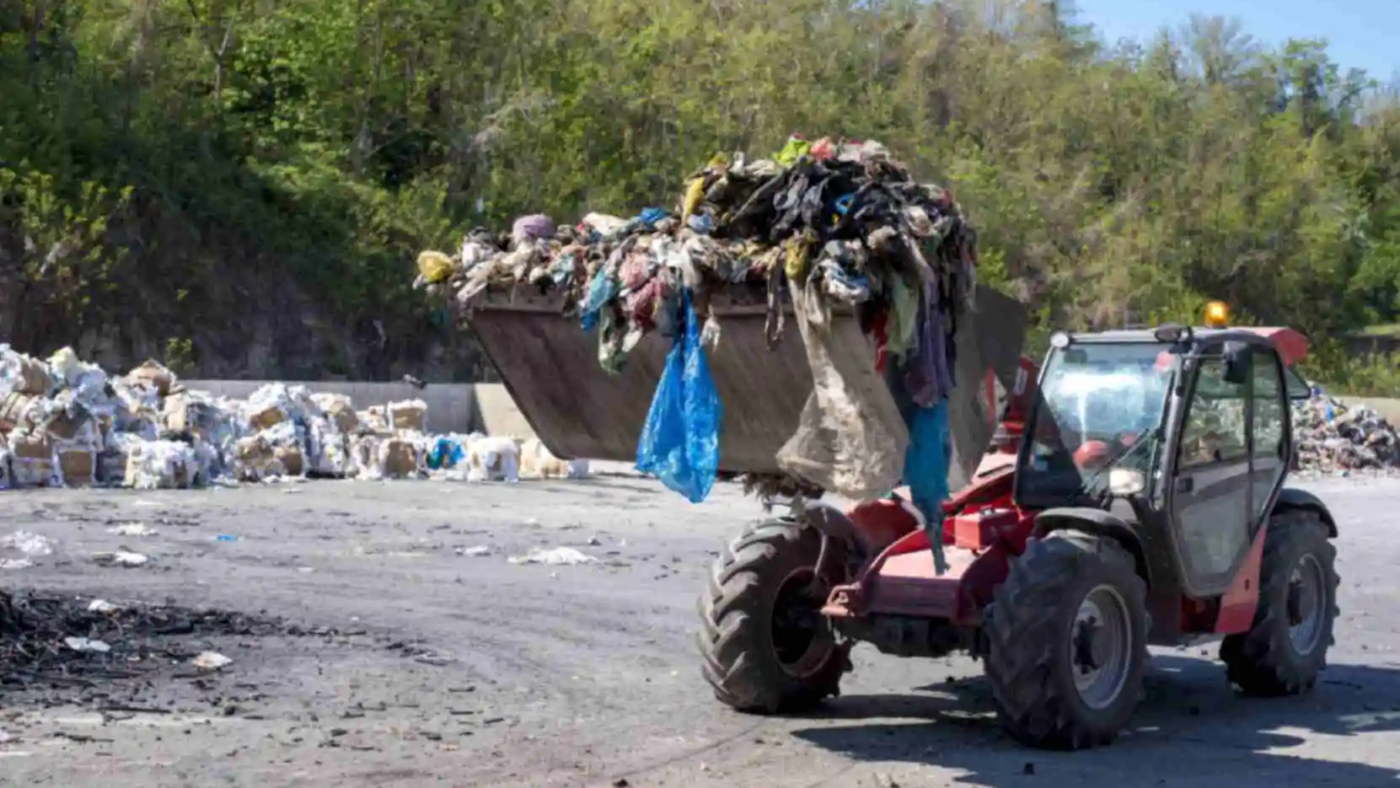Dubai, a city renowned for its rapid development and modern infrastructure, faces the significant challenge of managing its waste efficiently. Waste management company in Dubai is crucial to maintain the city’s cleanliness, environmental health, and overall sustainability. This blog will delve into the intricate process of waste management in Dubai, highlighting the key stages and strategies employed to handle waste effectively.
Collection and Transportation
The waste management process begins with the collection of waste from various sources, including residential, commercial, and industrial areas. The Dubai Municipality, in collaboration with private waste management company, ensures that waste is collected systematically. Collection schedules are meticulously planned to avoid any delays. Furthermore, specialized vehicles equipped with modern technology are used to transport waste to designated processing facilities. This ensures that the waste is handled with minimal environmental impact.
Sorting and Segregation
Once collected, the waste undergoes sorting and segregation. At this stage, recyclable materials are separated from non-recyclable waste. Advanced sorting facilities use both manual labor and automated systems to efficiently segregate waste. This step is crucial because it ensures that recyclable materials, such as paper, plastic, and metal, are diverted from landfills. Instead, these materials are sent to recycling centers, reducing the overall waste burden on the environment.
Recycling and Reprocessing
Recycling is a cornerstone of Dubai’s waste management strategy. After segregation, recyclable materials are processed at recycling facilities. Here, materials are cleaned, sorted, and transformed into new products. For instance, plastic waste is converted into pellets, which can be used to manufacture new plastic items. By reprocessing waste into usable materials, cleaning company in Dubai significantly reduces its reliance on raw resources and minimizes environmental degradation.
Composting Organic Waste
In addition to recycling inorganic waste, Dubai has implemented robust composting programs for organic waste. Organic waste, such as food scraps and garden waste, is collected separately and taken to composting facilities. Through controlled aerobic decomposition, organic waste is converted into nutrient-rich compost. This compost is then used in landscaping and agriculture, promoting soil health and reducing the need for chemical fertilizers. Consequently, composting not only manages waste but also supports sustainable agricultural practices.
Waste-to-Energy Conversion
A significant innovation in Dubai’s waste management is the waste-to-energy (WTE) conversion. Non-recyclable waste that cannot be composted is used to generate energy. At WTE plants, waste is incinerated under controlled conditions to produce heat. This heat is then converted into electricity, providing a renewable energy source. By utilizing waste as a resource, Dubai reduces landfill use and lowers greenhouse gas emissions. This innovative approach exemplifies the city’s commitment to sustainable energy solutions.
Landfill Management
Despite the emphasis on recycling and WTE, some waste still ends up in landfills. Dubai’s landfills are managed with utmost care to mitigate environmental impact. Advanced techniques are employed to prevent leachate contamination and methane emissions. Moreover, landfills are continuously monitored to ensure compliance with environmental regulations. Although landfill use is minimized, the management practices ensure that the environmental footprint remains as small as possible
Public Awareness and Education
Effective waste management in Dubai also relies heavily on public awareness and education. The Dubai Municipality and waste management companies conduct regular awareness campaigns. These campaigns educate residents and businesses about the importance of waste segregation, recycling, and responsible waste disposal. Schools and community centers often host workshops and seminars to instill a culture of environmental responsibility. By fostering a well-informed public, Dubai ensures that waste management practices are followed diligently.
Innovations and Future Prospects
Dubai continually seeks innovative solutions to enhance its waste management system. Research and development in waste management technologies are ongoing, aiming to improve efficiency and sustainability. Future prospects include the expansion of smart waste management systems, integrating IoT and AI to optimize waste collection and processing. These technologies will further streamline operations, reduce costs, and enhance environmental outcomes.
In conclusion, waste management companies in Dubai is a comprehensive and dynamic process involving multiple stages and strategies. From collection and segregation to recycling, composting, and energy conversion, each step is meticulously planned and executed. The city’s commitment to sustainability is evident in its advanced waste management practices and continuous innovation. By fostering public awareness and embracing new technologies, Dubai sets a benchmark for sustainable urban living. As the city continues to grow, its waste management strategies will play a pivotal role in ensuring a clean and sustainable future for all its residents.



Leave A Comment